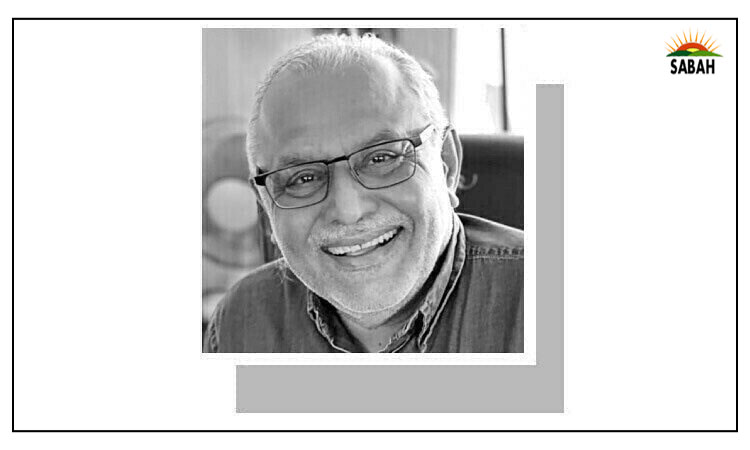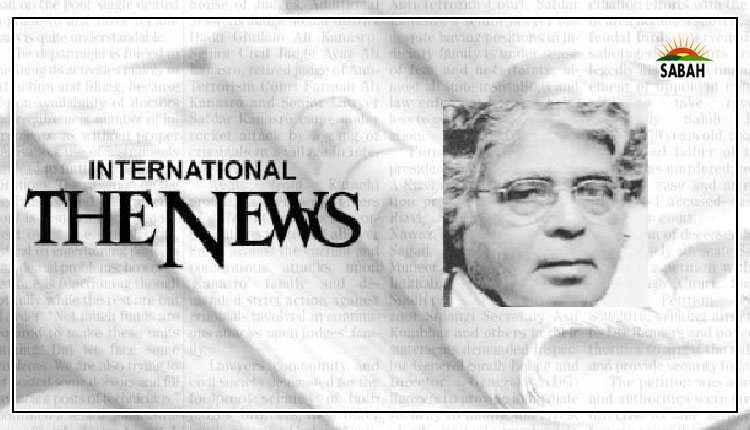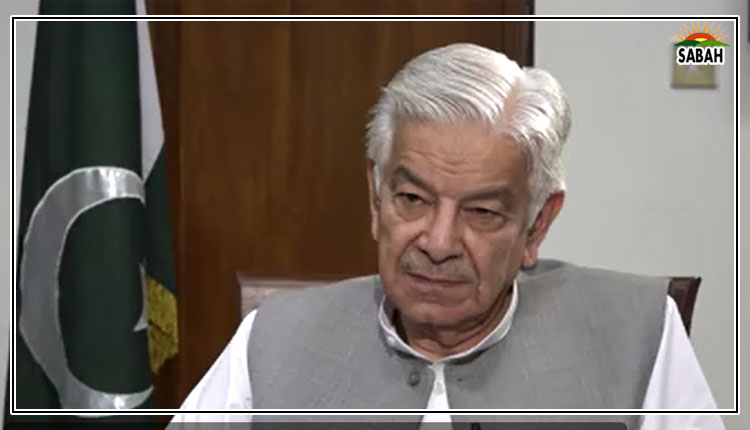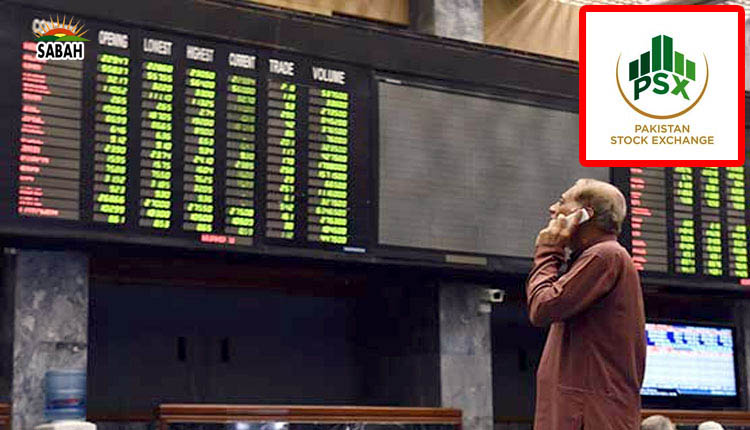FDI prospects help KSE-100 Index jump over 60,000 hurdle
KARACHI, Nov 28 (SABAH): The Pakistan Stock Exchange made another history as soon as the traders hit the floor on Tuesday as the benchmark KSE-100 Index achieved another landmark by crossing the 60,000 barrier, after Pakistan and the United Arab Emirates signed multiple memorandums of understandings (MoUs) a day earlier.
Pakistan and the United Arab Emirates (UAE) signed several multi-billion dollar MoUs in a range of areas on Monday to boost economic and strategic cooperation between the two countries, Caretaker Prime Minister Anwaarul Haq Kakar said in a video message.
The prime minister, who is on visit to the UAE, said the bilateral economic and strategic relations had entered into new era of bilateral cooperation with the signing of the MoUs.
By 10:59am, the KSE-100 Index was recorded at 60,659.14 against the previous closing of 59,811.34, representing a gain of 847.80 points, or 1.42 per cent.
There are a number of factors contributing to the ongoing surge in stocks but the foreign currency inflow will be the major boost. The foreign direct investment (FDI) will not only revive the economy by expanding the existing businesses but also creating ones while providing the much-needed job opportunities to the people who are hit hard by the prevailing cost-of-ling crisis sustained by the record-high inflation.
At the same time, the FDI will enhance the share prices of listed companies especially in energy and related sectors – an eagerly awaited trend already being witnessed in the market after years of undervalued status.
Currently at 22pc, the interest rates, the highest in Pakistan’s history, have crippled the economy amid the rising cost of doing of doing business, as the investors either opted to take refuge in the US dollar – the safe haven currency – or transferred the money abroad, which weakened the rupee to level never witnessed before in its history.
However, it was the PTI government which initially pushed ahead with the currency devaluation as its policy statement while accusing Dar of keeping the rupee strong artificially.
Meanwhile, the IMF’s insistence on expanding the tax net and enhance revenue collection mean black market or informal sectors will slowly become less profitable as a result of documentation of economy.
It is going to help Pakistan attract more and more people for investing in stocks, as the country currently has one of the worst ratio of population in the world when it comes of the investment in the shares market.












